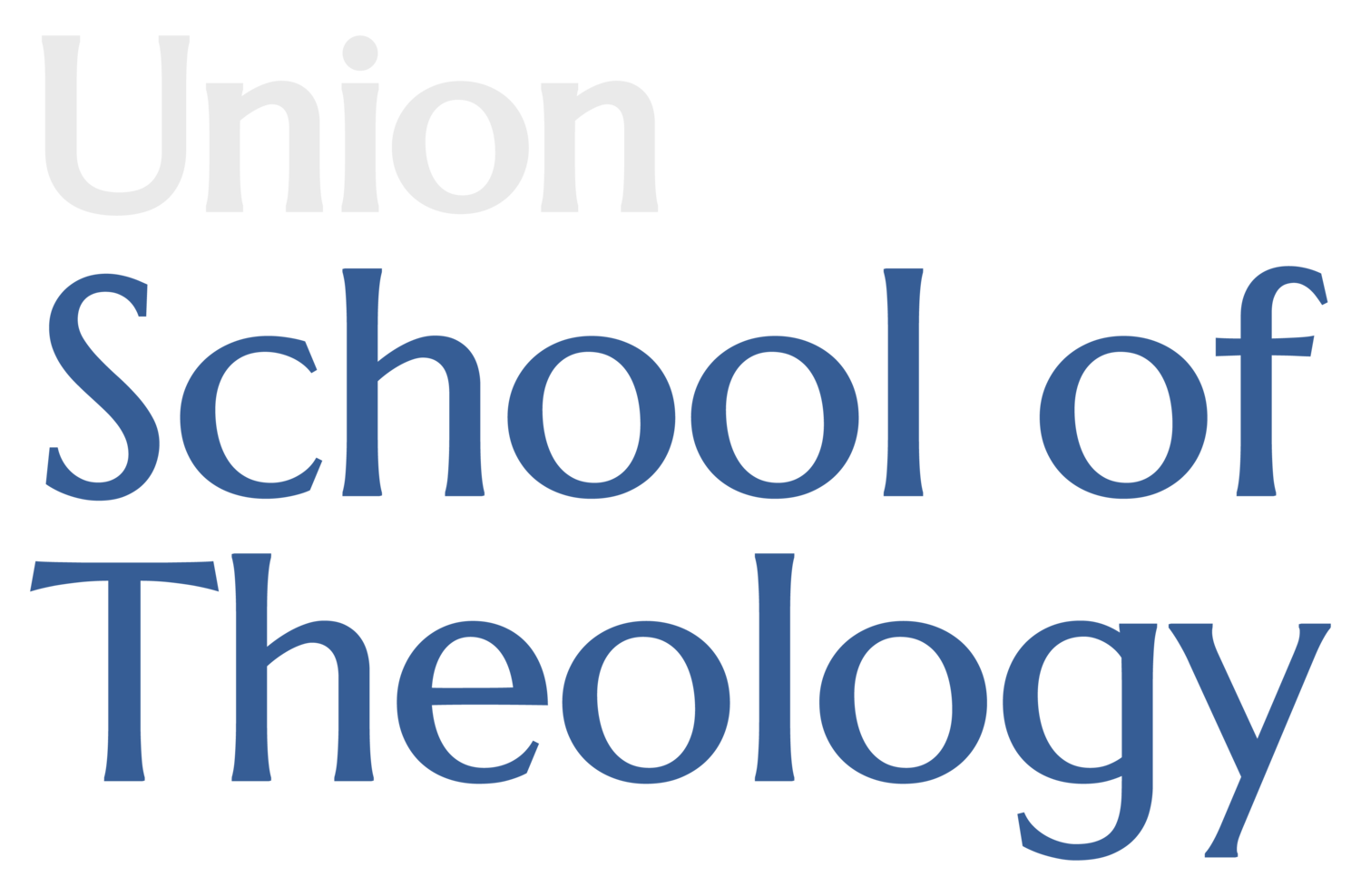
Apply
Ready to apply? Find out everything you need to know here.
About the application form
Before applying, please read the Policies and Procedures page.
For full details of our admissions policy see the Union School of Theology Admissions Policy.
We hope that your process of application is smooth and satisfactory. However, if you wish to complain about, or appeal against, a decision relating to admissions please go to the Union School of Theology Applications Process Complaints and Review Policies and Procedures.
Application deadlines:
MA:
For an August 2026 start: 1st July
GDip:
For a September 2026 start: 24th July
MTh:
For a March 2026 start: 20th January 2026
For an August 2026 start: 1st July 2026
For an October 2026 start (Ministry Centre only): 1st September 2026
*for all programmes, please make sure you are applying for the correct year by checking and changing the date in the top right of the applications portal
PhD:
please get in touch with deanofstudies@ust.ac.uk for details about the next intake.
The Graduate Diploma in Theology, Masters in Scripture & Theology degree and PhD programmes are all validated by the Open University. The Open University Regulations are available here.
The MA programme is delivered in partnership with Kairos University, an ATS-accredited institution.
What you'll need
When you are ready to submit, you will need to pay the £50 application fee online in order to complete the application process. We cannot process your application until this has been done.
MA
To complete the application form, you will need:
Details of any qualifications you have, from high school onwards. A scanned copy of your highest and most relevant qualification certificates and your academic transcript will be required to complete your application.
Contact details for your vocational and personal mentors, and contact details for your personal mentor’s own pastor
Any additional supporting documentation
GDip, MTh & Individual courses
To complete the application form, you will need:
Details of any qualifications you have, from GCSE level (or equivalent) onwards. A scanned copy of your highest and most relevant qualification certificates or academic transcript will be required to complete your application.
Your CV
Details of your referees: one church leader referee and one employer/academic referee.
A scanned copy of your IELTS certificate if English is not your first language (see the ‘Information for International Students’ section at the bottom of this page for further details)
Your Recognition of Prior Learning application, if you are applying for credit exemption (MTh only) (view the RPL policy and application, or get in touch with our Enquiries Officer to discuss this further)
Any additional supporting documentation
PhD applications
Please contact the Dean of Studies (deanofstudies@ust.ac.uk) if you are interested in studying a PhD with us. Only once you have done that, and been given the go ahead to apply, should you follow the steps noted below.
For PhD applications, you will need:
Details of any qualifications you have. A scanned copy of your highest and most relevant qualification certificates and academic transcript will be required to complete your application. Please note that an applicant whose relevant qualifications are from outside the UK will need to provide an ENIC statement of comparability when requested by UST (https://www.enic.org.uk/qualifications/soc).
Your academic CV
Names and contact details for three referees: one church leader referee and two academic referees
Your PhD proposal – please see the Programme Details section of our PhD programme page for details of what is required.
A personal statement in support of your application. This should cover your interest in doctoral research in the proposed field of study; why UST appeals to you as the right institution to study at; what you can bring to the programme of study (i.e. skills, knowledge, experience); your wider professional / ministry motivation and how the proposed programme of study fits in with this; the potential of your proposal to bless the church
A sample of your academic writing (e.g. an assignment, essay, dissertation, academic article publication)
An indication of whether you’ve been in communication with a UST staff member or potential supervisor before submitting your application
Instructions for applying
Clicking on the ‘Apply’ button will prompt you to create a Classter account and user profile before beginning your full application.
Steps
sign up on our new Admissions portal, using your email address.
check your email for a message with a subject of “Welcome to Classter”. Please check your Junk Mail folder if you do not see it in your inbox within a few minutes.
in that email, click on the red button to verify your account, which will take you to the Classter login page. Use the login credentials which were included in the Classter email to complete your account set-up. Once you are logged in, and accept the Terms and Conditions of use, you will be able to complete your personal data (click the blue button) and apply for a programme of study.
begin your application. You can save your application and return to finish it later - be sure to click on “Save as a Draft”, so you don’t lose your work. To return to your application, log back in to your Classter account, select ‘Application Management’ and then ‘Edit’. Please note: all GDip Learning Communities operate over 2 years, except the Leeds, North Texas, Houston and Poznan in-person groups. Please bear this is mind when completing the Programme Code section of your application.
submit and pay for your application.
Once your application has been submitted, you will receive a confirmation email within 3 working days, and you will be able to log in to your Classter profile at any time to check on your application’s progress.
Returning students with an existing Classter account can log in and begin a new application on their existing profile.
The full details of the policies and procedures for UST’s GDip and MTh programmes are in the UST Handbook of Policies and Procedures (Programmes), which can be found here. Applicants should familiarise themselves with these before applying.
If you require the application form in another format, please contact applications@ust.ac.uk.
If you have any questions or issues regarding completing your online application, please contact applications@ust.ac.uk. For all enquiries about the programmes, contact our Enquiries Officer.
Information for International Students
There are a number of requirements for international students. Please read the following information carefully. If you have any questions please email our Programme Leader.
Visa Requirements for degree Programmes
UST is not currently sponsoring student visas, and we are currently unable to offer dependent visas.
English Language Requirements
For applicants to our degree programmes:
The normal expectation for English language proficiency is IELTS. Where this is not available, assessments of English proficiency, alternative English language qualifications such as ESOL, TOEFL (taken at an official testing centre) will be considered.
English Language Requirements:
For our MA & GDip programmes, an IELTS score of 6.0 in all test categories, is required where the applicant’s home country is not listed by the UK Government as a majority English-speaking country.
For our Masters (MTh) programme, an IELTS score of 6.5, with a minimum of 6.0 in all test categories is required where the applicant’s home country is not listed by the UK Government as a majority English-speaking country.
For our PhD programme, an IELTS score of 6.5, with a minimum of 6.0 in all categories, is required where the applicants home country is not listed by the UK Government as a majority English-speaking country.
Note:
IELTS scores (or recognised equivalent) will only be accepted within two years of the test result.
Applicants cannot be interviewed or accepted onto a programme of study until a satisfactory IELTS (or recognised equivalent) results certificate has been received by UST.
Exemptions from English language requirements are normally only granted to those applicants who have either been resident in the UK for a long period of time or who have obtained their academic entry qualifications, through the medium of English, from a recognised institution. Any claim for exemption from IELTS testing must be included at the time of application. The decision of Union School of Theology on this matter will be final.
UK Study Credits and ECTS Study Credits Transfer
The European Credit Transfer and Accumulation System (ECTS) is for credit transfer between institutions of higher education across Europe. This helps to transfer academic credits between institutions. ECTS works on the basis that 60 higher education academic credits represents the workload of a full-time student in Higher Education during a single academic year. The expectation is that a full-time study programme workload in Europe is approximately 1500-1800 hours per year, therefore one ECTS credit represents approximately 25-30 working hours.
ECTS credits are allocated to all modules, courses, placements, dissertation work, etc, in Higher Education programmes. A UK undergraduate degree (360 study credits) equates to 180 ECTS credits and a UK Master’s degree (180 study credits) equates to 90 ECTS credits.

